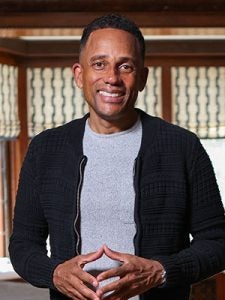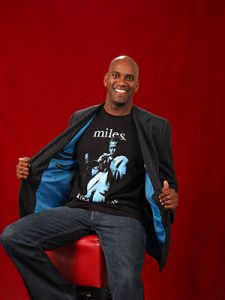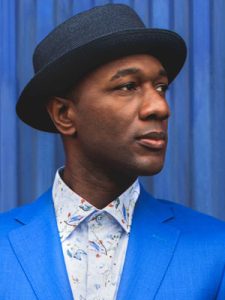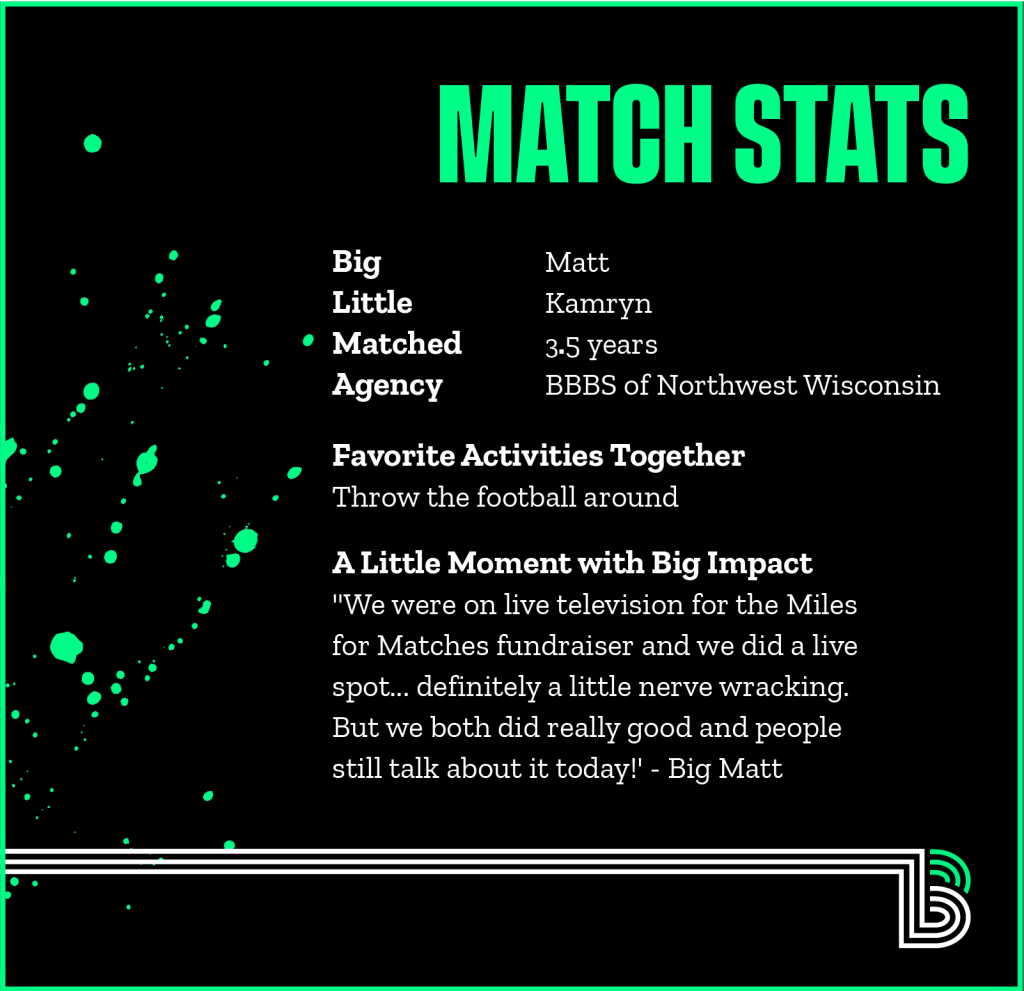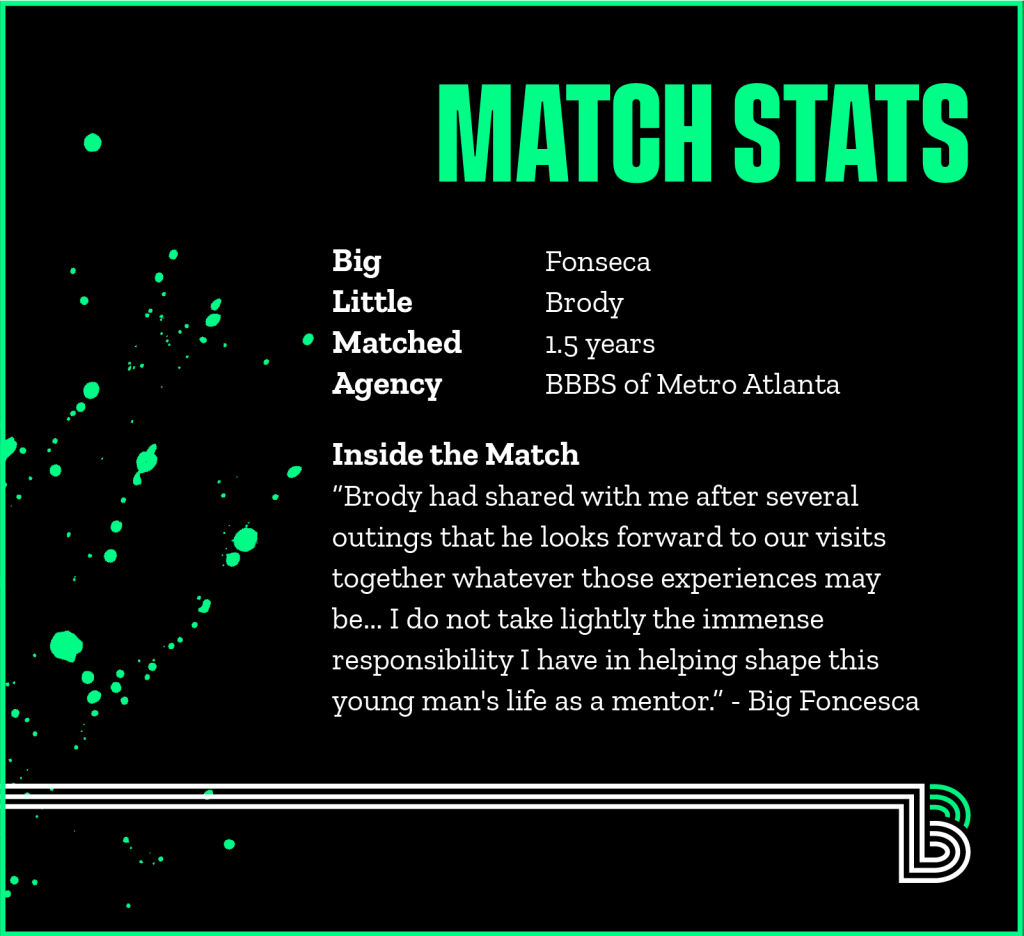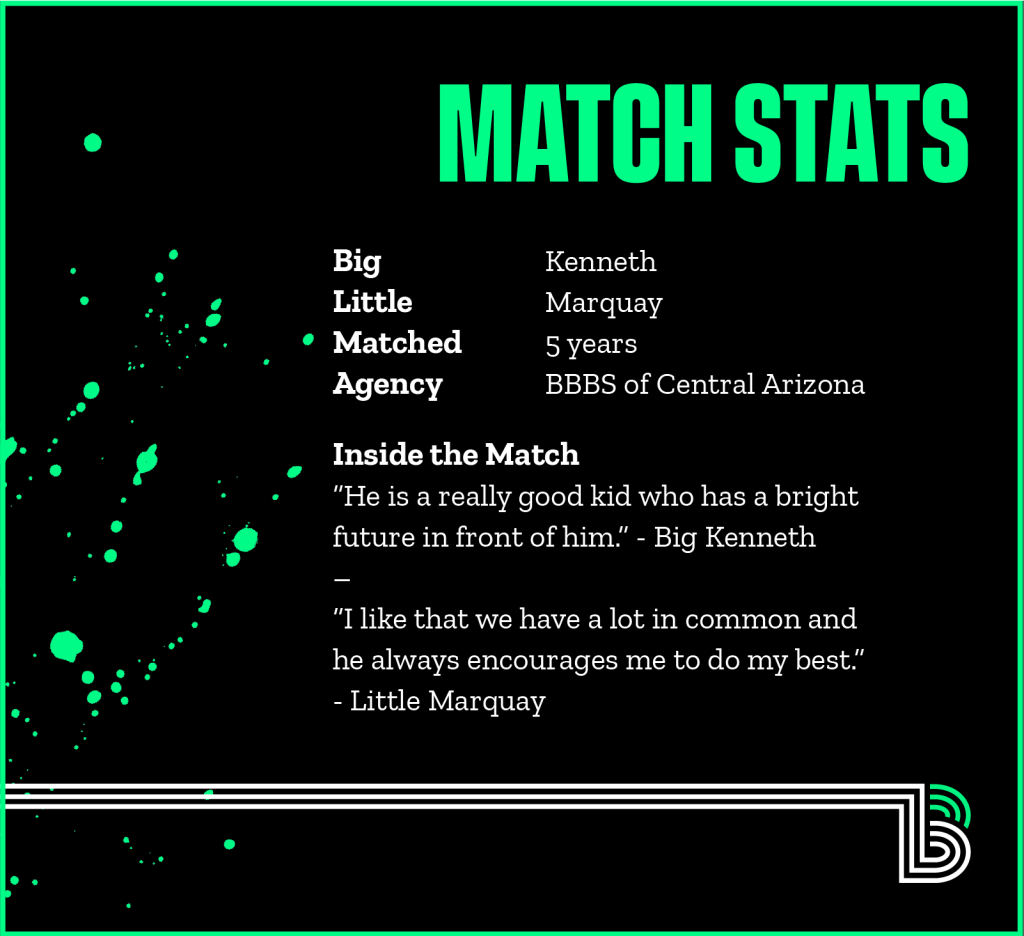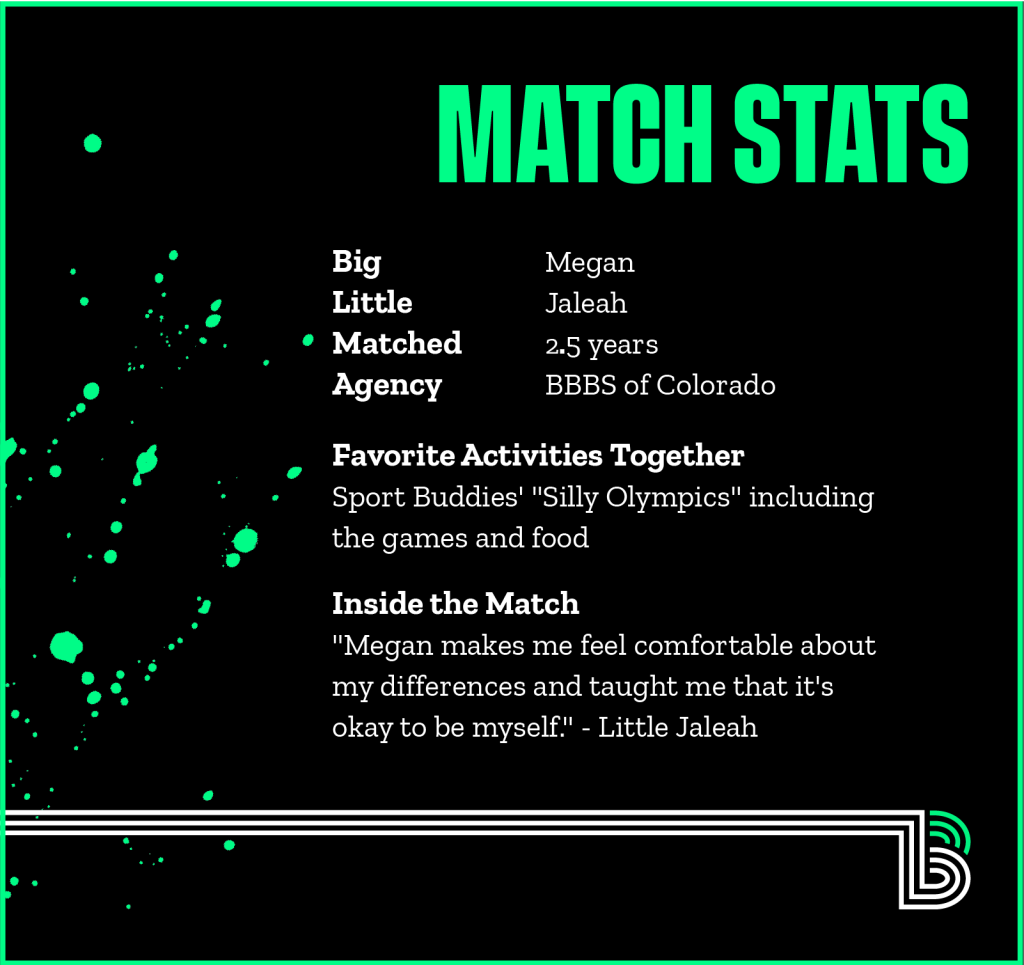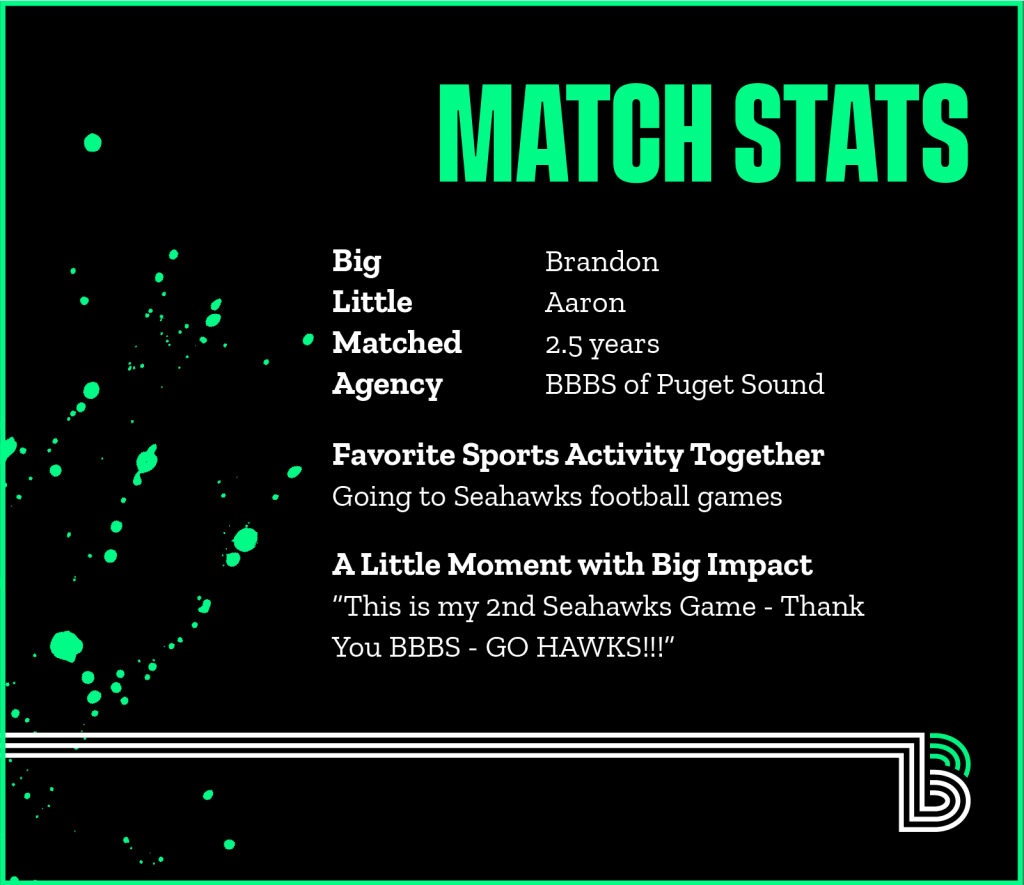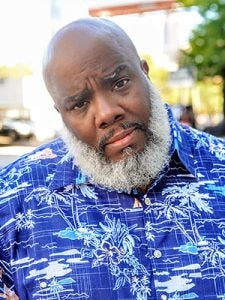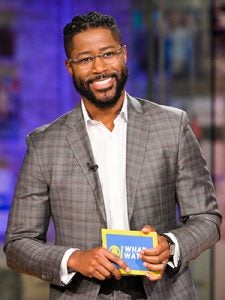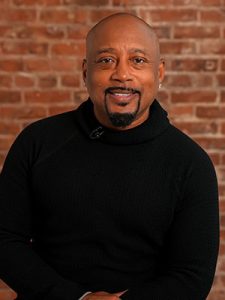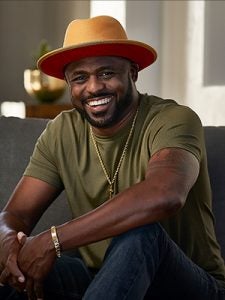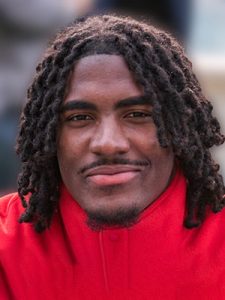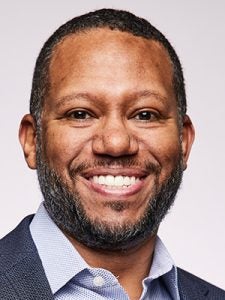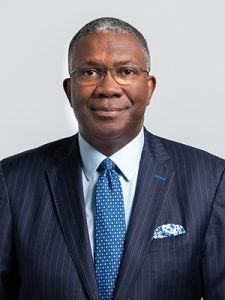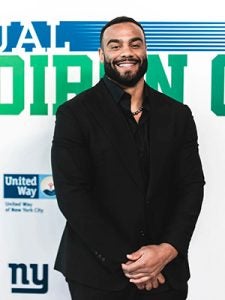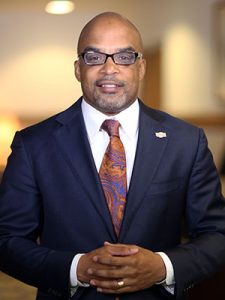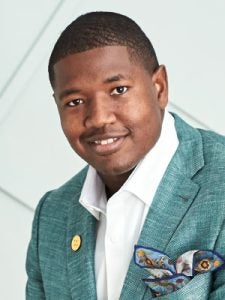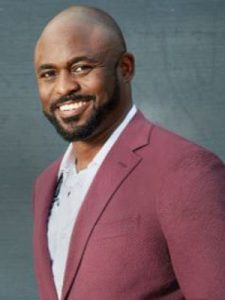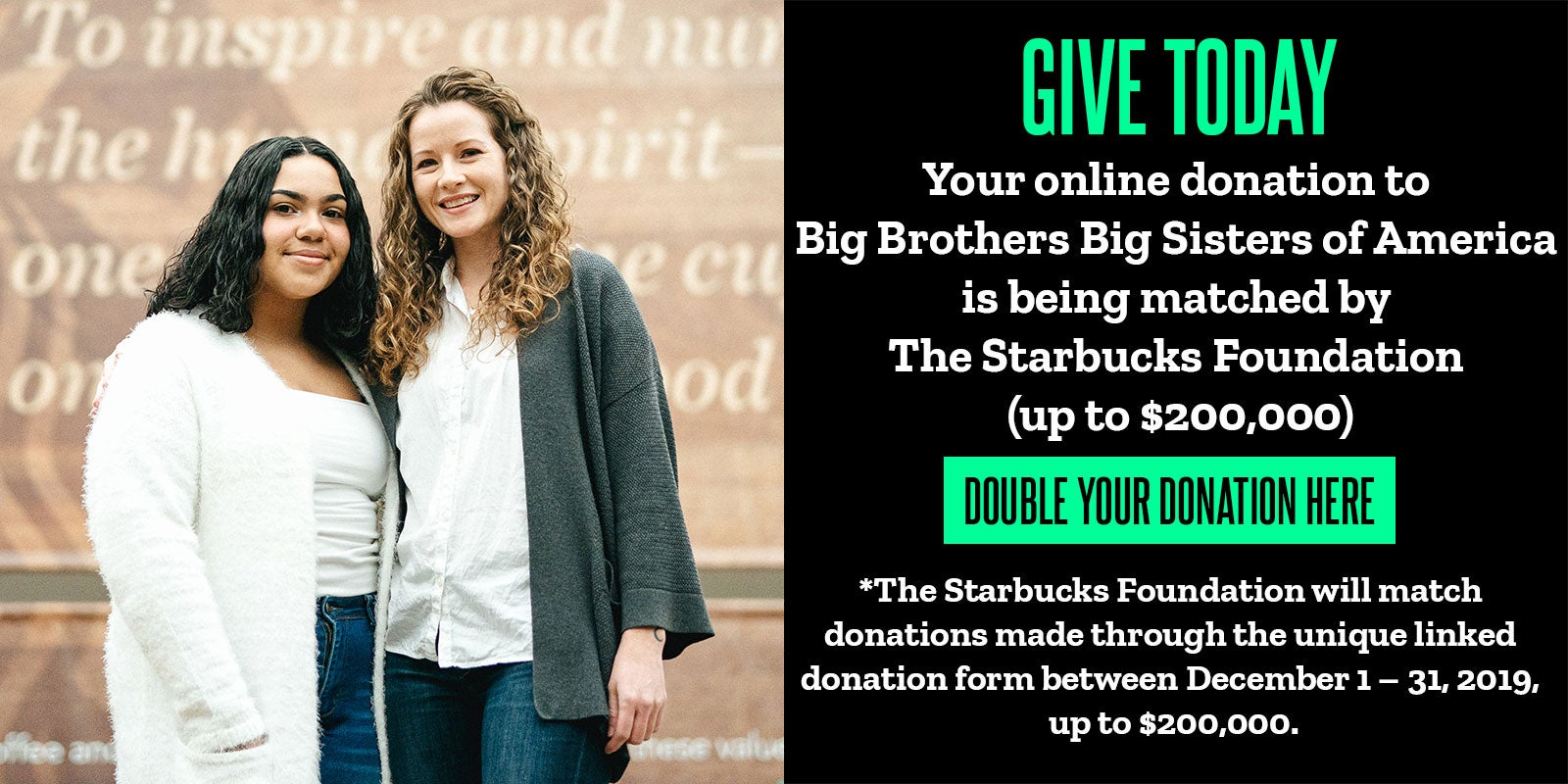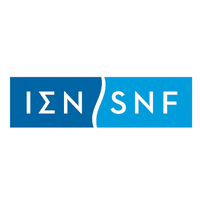
With this generous funding from the SNF, BBBSA will make unrestricted grants to fifteen Big Brothers Big Sisters agencies throughout the United States. Big Brothers Big Sisters agencies are innovating and adapting our service delivery to ensure kids stay virtually connected to their mentors during this time of physical distancing. Trusted in communities nationwide, our local leaders are on the frontlines, staying in touch with the families of our mentees, connecting them to resources in their communities, and even delivering food. These funds will assist each agency as they face revenue shortfalls due to the pandemic. Funding will be used to continue serving youth and their families during this period of social isolation and economic distress. Read full press release here:
Stavros Niarchos Foundation (SNF) continues pandemic relief efforts with new grants totaling over $27.7 million
Part of the Foundation’s $100 million global COVID-19 relief initiative, grants focus on U.S. community response and health care in Europe and Africa.
May 28, 2020 – The Stavros Niarchos Foundation (SNF) has announced the second round of grants in its $100 million global relief initiative to help alleviate the effects of the COVID-19 pandemic. Twenty-five grants totaling more than $27 million focus on responding to urgent community needs across the United States, including food aid, essential services, educational opportunities for young people, and the arts; increasing Greece’s intensive care facilities and COVID-19 testing capacity; and strengthening key health-care services in Europe and Africa.
“This crisis has shown us that people all around the world are bound together by the same threats and challenges,” said SNF Co-President Andreas Dracopoulos. “But it has shown that, if we choose, we can also be bound together by the good we are able to do with, and for, one another. These organizations are providing vital services to meet the immediate needs of the most vulnerable in communities around the globe, and SNF is deeply grateful for their work and for the opportunity to be of help.” Mr. Dracopoulos added, “I would also like to thank our late founder and my great uncle Stavros Niarchos. Without him there would be no SNF—his foresight in endowing SNF has enabled the Foundation to continue to contribute for a better tomorrow.”
United States
Supporting Local Communities
Confronting a crisis that affects every sphere of life but with unequal impacts requires a perspective that is at once holistic and granular. Community foundations and community-based organizations are uniquely positioned to implement a coordinated, comprehensive response that meets the particular needs developing across their region in real time. SNF grants totaling more than $2 million support organizations in the regions of Bangor, Detroit, New Orleans, New York, and San Antonio that are pooling resources to most effectively serve local families in need.
“We are grateful for the generous investment and partnership from SNF to help improve food security in Southeast Louisiana during COVID-19,” said Andy Kopplin, President and CEO of the Greater New Orleans Foundation. “As this crisis has extended over two months, our nonprofits on the front lines have experienced shortages of funds, food, and volunteers. This increased support will help our foundation strengthen their capacity and help them provide greater food security to our most vulnerable communities.”
- United Way for Southeastern Michigan, Detroit: Shoring up budgets of nonprofits as they meet new demand, supporting organizations that provide childcare to essential workers and engage students at home, and making emergency relief microgrants to individual households
- Community Foundation for Southeast Michigan, Detroit: Helping local food pantries combat food insecurity while implementing distribution systems that keep the community safe
- Greater New Orleans Foundation, New Orleans: Supporting organizations serving seniors requiring urgent care, people experiencing homelessness, low-wage workers in need of essential goods, and the African American communities disproportionately affected by the pandemic
- San Antonio Food Bank, San Antonio: Meeting an exceptional level of food need across a wide area of southwestern Texas, serving tens of thousands of additional people each week
- Bangor Region YMCA, Bangor: Providing childcare and meals for the children of essential workers in Maine, totaling over 200 visits per week
- New York Community Trust, New York City: Giving nonprofits in the social services and cultural sectors the tools and resources they need to keep delivering essential services to some of the city’s most vulnerable populations
“Our philanthropic partners have rushed to help the nonprofits that form a safety net for our most vulnerable,” said Lorie Slutsky, President of the New York Community Trust. “As tough as this public health crisis has been, the altruism of the Stavros Niarchos Foundation is a welcome reminder that the city will get through this and emerge even stronger.”
Supportive Networks for Young People and the Arts
One potentially devastating and long-lasting effect of the pandemic stems from the lost educational and developmental opportunities for young people, opportunities that if missed are extremely challenging to recover. SNF grants totaling over $1.6 million aim to help kids—and adults—stay engaged in their own academic, personal, and creative growth.
A $1 million grant will help the Big Brothers Big Sisters of America (BBBS) national office and fifteen key local agencies across the United States continue to offer young people adult mentorship to help them reach their potential. The grant will help BBBS agencies that together serve almost 10,000 children a year in Cincinnati, Birmingham, Southeast Florida, East Tennessee, Southwest Michigan, and elsewhere innovate and adapt to ensure kids stay virtually connected to their mentors during this time of physical distancing. Trusted in communities nationwide, BBBS local leaders often serve as a crucial conduit between the families of mentees and other essential resources in their communities.
Remarked Pam Iorio, President and CEO Big Brothers Big Sisters of America, “Throughout the pandemic, Big Brothers Big Sisters staff members and volunteer mentors have stepped up to serve our young people and their families during this period of social isolation and economic distress. Through our evidence-based work, we know consistent, positive social and emotional connection, support, and stability for our young people will be central to our recovery as a nation. This generous grant to the BBBS COVID-19 Response Fund from the Stavros Niarchos Foundation, and their commitment to address the pandemic’s many dimensions, will help BBBS agencies strengthen and continue their one-to-one mentoring through virtual means, providing young people with the critical support they need, and help our families stay connected to available resources in their communities.”
Additional grants will provide much-needed mentoring support to young people and help maintain community networks.
- Sponsors for Educational Opportunity, New York City: Providing direct assistance as well as academic, personal, and technical assistance to families adapting to distance learning to help nearly 2,000 students focus on academics
- Summer Search, New York City: Supporting hundreds of high school students with full-time mentors as they navigate the academic and personal dimensions of the crisis
- BRIC, New York City: Providing enriching online artistic content and support to Brooklyn’s vibrant artistic community
Food and Essential Social Services
The first round of grants in SNF’s pandemic relief initiative put a strong emphasis on helping meet immediate needs for food and other essentials, and these needs are only becoming more entrenched. SNF grants of $755,000 will help nonprofit organizations in the New York City area meet emergency needs for food, mental health support, and other essential goods and services.
- Make the Road New York, New York City: Providing direct cash assistance to thousands of households among the most precarious before the crisis, including in the NYC communities at the epicenter of the epicenter
- Henry Street Settlement, New York City: Providing 14,000 meals a week, a helpline, emergency cash assistance, and mental health services on Manhattan’s Lower East Side
- Lenox Hill Neighborhood House, New York City: Assisting 10,000 older adults, dozens of people in a mental health shelter and supportive housing, and scores of low-income families on the East Side of Manhattan
- Nazareth Housing, New York City: Serving more than 200 families through food pantries in the Central Bronx and on Manhattan’s Lower East Side and offering supportive housing and an emergency family shelter
- St. Joseph Social Service Center, Elizabeth: Serving 800 New Jersey families through their food pantry, double the number since before the crisis
- RISE Rockaway Initiative for Sustainability and Equity, New York City: Providing fresh produce to 100 families in NYC’s Rockaway Peninsula through free weekly farm shares
- University Settlement, New York City: Delivering 4,000 meals a week to homebound seniors and providing mental health support to 800 young people and adults on Manhattan’s Lower East Side
Europe
Collaborating with the Greek Government to Strengthen Health Care for Today and the Future
While Greece has so far escaped the devastating level of COVID-19 infection experienced by other Southern European countries, it is working to prepare for whatever might come next, including a possible future second wave.
A more than $17.8 million grant from SNF will support ICU construction and renovation, as well as professional training. The initiative will include construction or renovation of facilities in 19 hospitals around Greece to accommodate the addition of 177 intensive care and 46 high-dependency beds.
Working closely with the Greek government to tap into the power of public-private partnership, as it has in its more than $400 million Health Initiative, SNF seeks to help buttress the Greek health system’s preparedness to serve the public in emergencies, including the COVID-19 pandemic. The new facilities will be equipped by the Greek state and other private donors.
While facilities are crucial, the past months have also heightened the need for state-of-the-art medical training. SNF will also support a five-year training program for doctor and nurses working in ICUs. Following SNF’s five-year grant, the training program will be continued by the Greek state.
What the coming months hold depends on our ability to understand, test for, and treat COVID-19. SNF is making a more than $4 million grant to significantly bolster Greek health services’ ability to test widely for COVID-19 and consequently implement data-based measures to contain the virus. This grant builds on a $3 million grant made last month for Johns Hopkins University’s Testing Insights Initiative to provide governments, businesses, and the public with the information needed to make crucial decisions moving forward.
The new grant will provide two molecular testing systems and 240,000 units of reagent, aiming to significantly increase Greece’s daily testing capacity. One of these new systems will be placed at the Hellenic National Blood Transfusion Center (EKEA) in Athens, where the majority of current testing is taking place, and the other will go to the Blood Center at AHEPA Hospital in Thessaloniki.
On the collaboration with SNF, the President of the National Central Procurement Authority of the Ministry of Health, Marios Themistocleous, said, “In this difficult, unprecedented time for our country, as at other times in Greece’s history, great benefactors have stepped up, supporting the state when times were hard. On behalf of the Greek government, I would like to extend a huge thank you to the Stavros Niarchos Foundation and to the Co-President of the Foundation, Mr. Andreas Dracopoulos, and to mention that this exceptional effort builds on SNF’s major Health Initiative. Since long before the coronavirus crisis, we have moved forward collaboratively; we draw strength from each other and we have built an excellent cooperative relationship.”
On the ongoing collaborations with the Ministry of Health, SNF Major Grants Manager John Zervakis remarked, “It is clear that in order to effectively deal with the global health crisis, what is needed, more than ever, is cooperation between the private sector and government agencies. Together, we are stronger and can provide support for those who are fighting the pandemic on a daily basis and, above all, fortify ourselves against a potential new wave. The excellent cooperation with the relevant state bodies—not only now, but also during joint implementation of the Health Initiative over the last three years—further motivates us at SNF to try, to the best of our means, to help protect, strengthen, and upgrade the country’s health system.”
Emergency Health Support in Spain
Three SNF grants totaling $980,000 will support nonprofit organizations in Spain in caring for some of the very most vulnerable: people experiencing homelessness, migrants, sex workers, and people with intellectual and developmental disabilities.
- Doctors of the World Spain: Providing preventative support, hygiene kits, food and other essentials, and COVID-19 testing when necessary to 39,000 of those living most precariously in Spain
- Plena Inclusion: Helping meet emergency needs arising from the crisis for people with intellectual and developmental disabilities
- Hospital Sant Joan de Déu Barcelona: Creating a data- and biobank open to all researchers providing data and research to understand the presentation and transmission of COVID-19 in children and pregnant women, as well as a public-facing, multilingual informational site
Dr. Manel del Castillo Rey, CEO of Sant Joan de Déu noted, “The absence of reliable scientific data on how COVID-19 affects children and pregnant women has hampered development of potentially lifesaving knowledge for all of us. This grant will enable researchers worldwide to better understand the disease, establishing the basis for susceptibility and, consequently, prospective treatments.”
Africa
Essential Health Resources
Through three grants totaling more than $387,000, SNF will seek to reinforce strained health resources in countries with high disease burdens and low numbers of medical professionals per capita. These grants will provide critical protective gear and supplies as well as infection-control support.
- Alliance for International Medical Action, Burkina Faso, Cameroon, Central African Republic, Chad, Democratic Republic of the Congo, Guinea, Mali, Mauritania, Niger, Nigeria, South Sudan, and Senegal: Strenghtening infection control measures in 400 health centers and 35 hospitals, adding 1,000 beds for COVID-19 patients
- Mothers2Mothers, Angola, Ghana, Kenya, Lesotho, Malawi, Mozambique, South Africa, Uganda, and Zambia: Adapting work with people living with HIV to respond to COVID-19, including by equipping frontline staff and implementing an online mentor platform
- Amref Health Africa, Uganda: Working to limit the incidence of COVID-19 among more than 100,000 refugees in Northern Uganda and host communities
These new grants are in addition to over $31 million already allocated to some of the world’s hardest-hit areas in the first round of SNF’s $100 million global pandemic relief initiative. To date, SNF has allocated $59 million of those funds. Subsequent grants will place particular emphasis on ameliorating emerging and long-term socioeconomic and educational impacts of the pandemic. Previously announced grantees include The Rockefeller University, the Robin Hood Foundation, City Harvest, the Fund for Public Health in New York City, the French Red Cross, the Barça Foundation, Boroume, CRESCER, Fondazione Progetto Arca, and many others.
About the Stavros Niarchos Foundation (SNF)
The Stavros Niarchos Foundation (SNF) is one of the world’s leading private, international philanthropic organizations, making grants to nonprofit organizations in the areas of arts and culture, education, health and sports and social welfare. SNF funds organizations and projects worldwide that aim to achieve a broad, lasting, and positive impact for society at large and exhibit strong leadership and sound management. The Foundation also supports projects that facilitate the formation of public-private partnerships as an effective means for serving public welfare.
Since 1996, the Foundation has committed more than $3 billion through more than 4,600 grants to nonprofit organizations in 126 nations around the world.
See more at SNF.org.

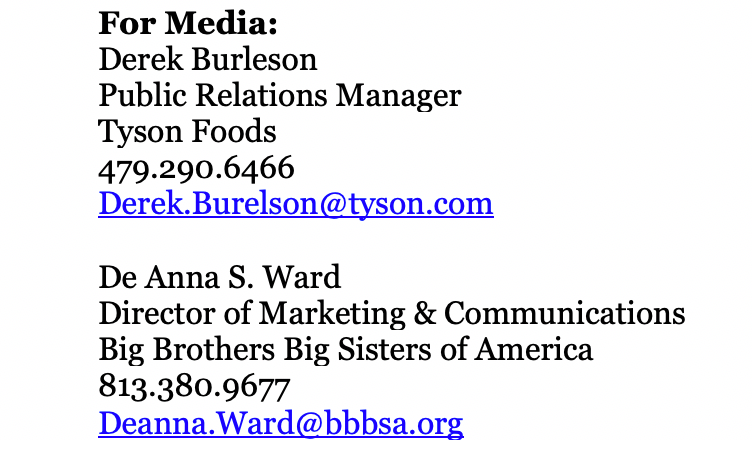

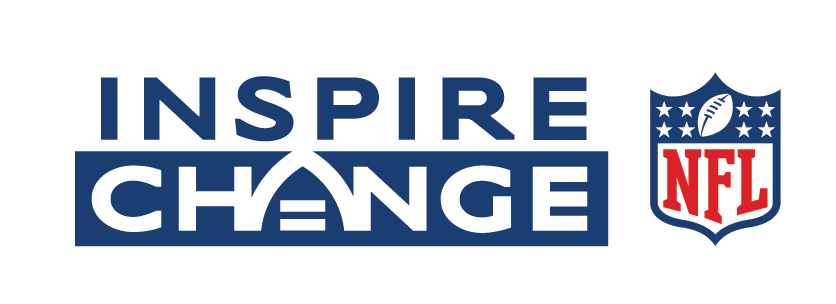
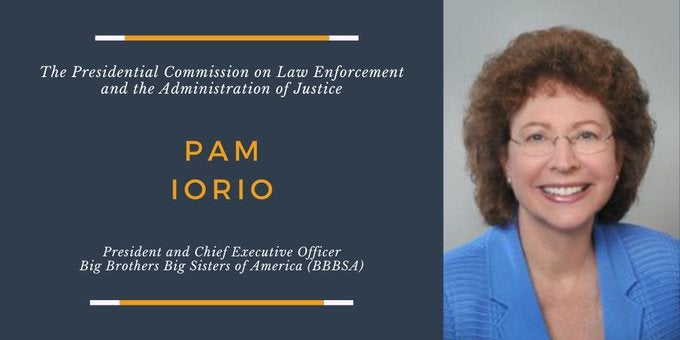
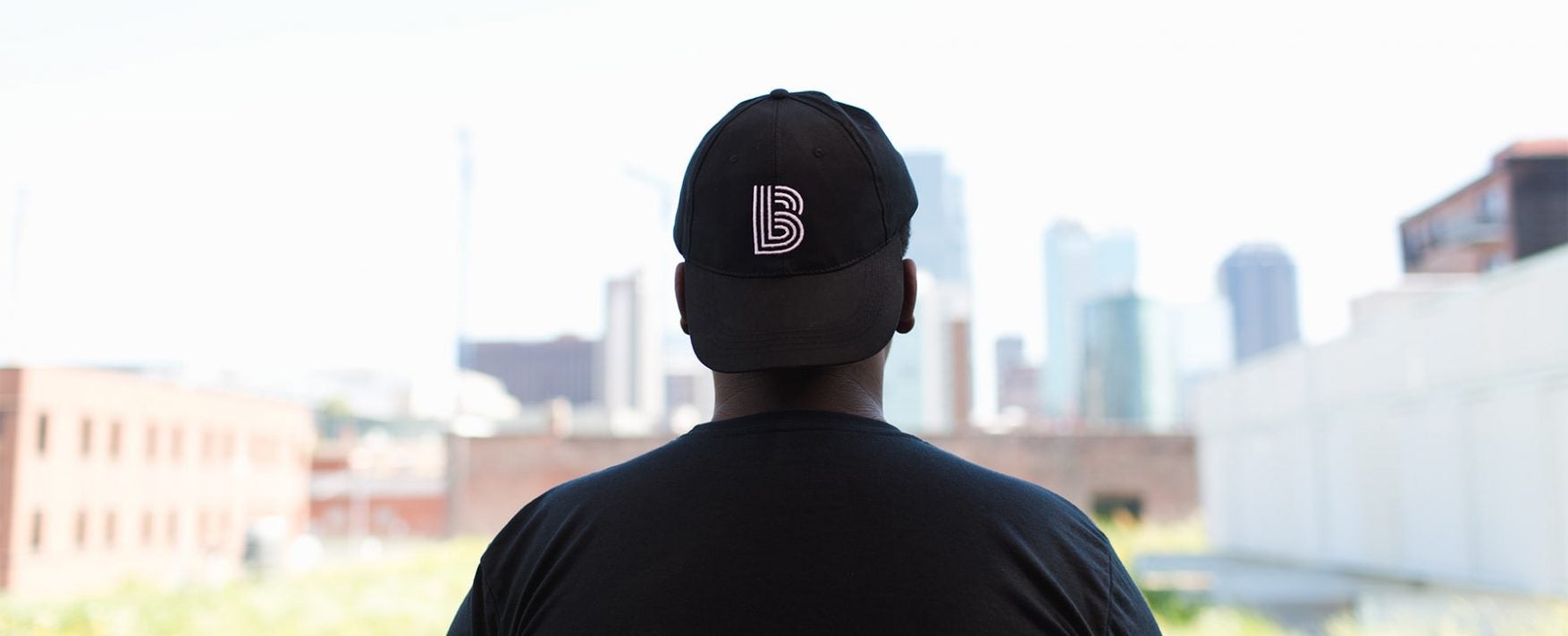
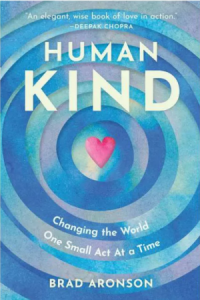

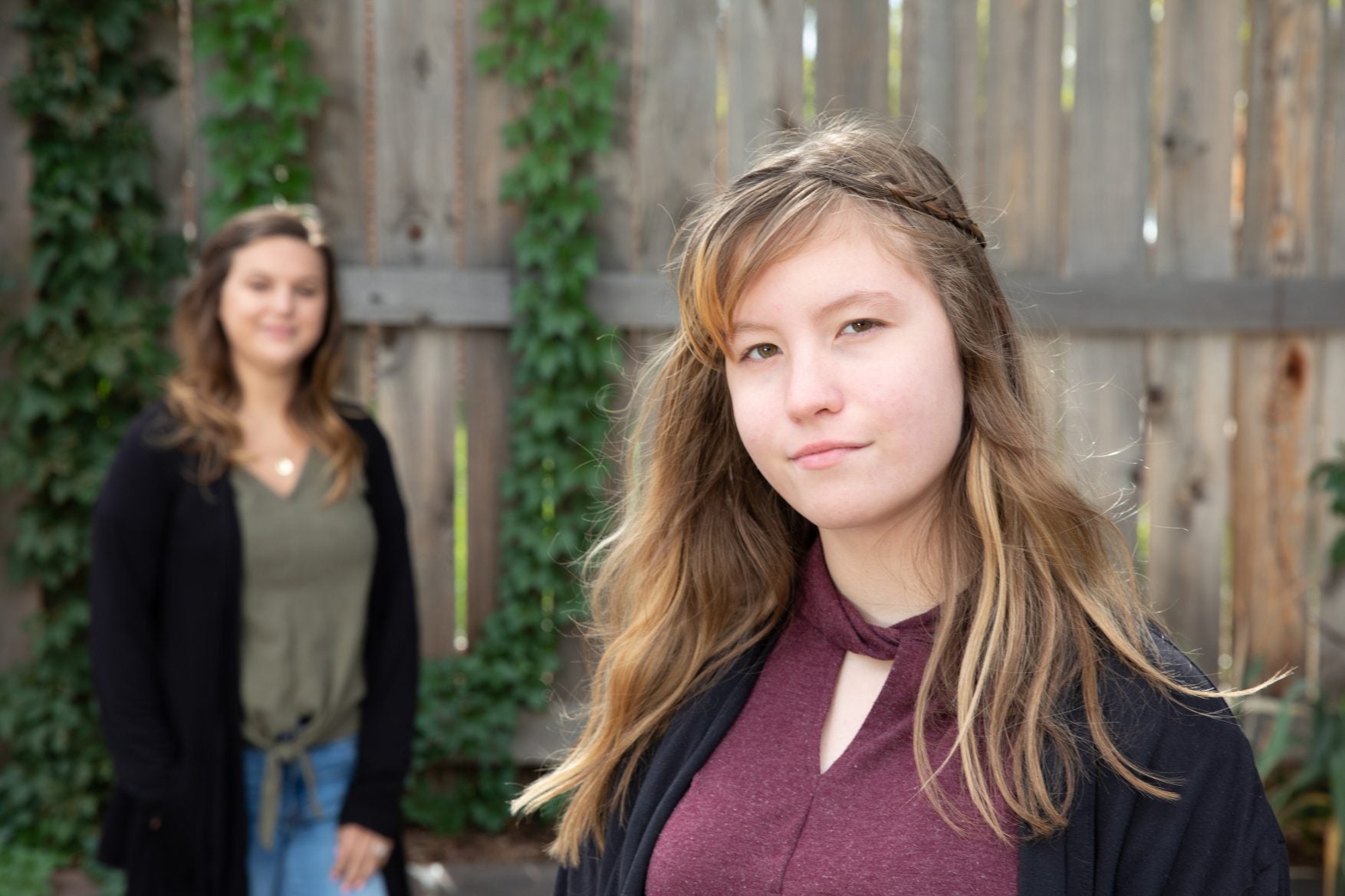
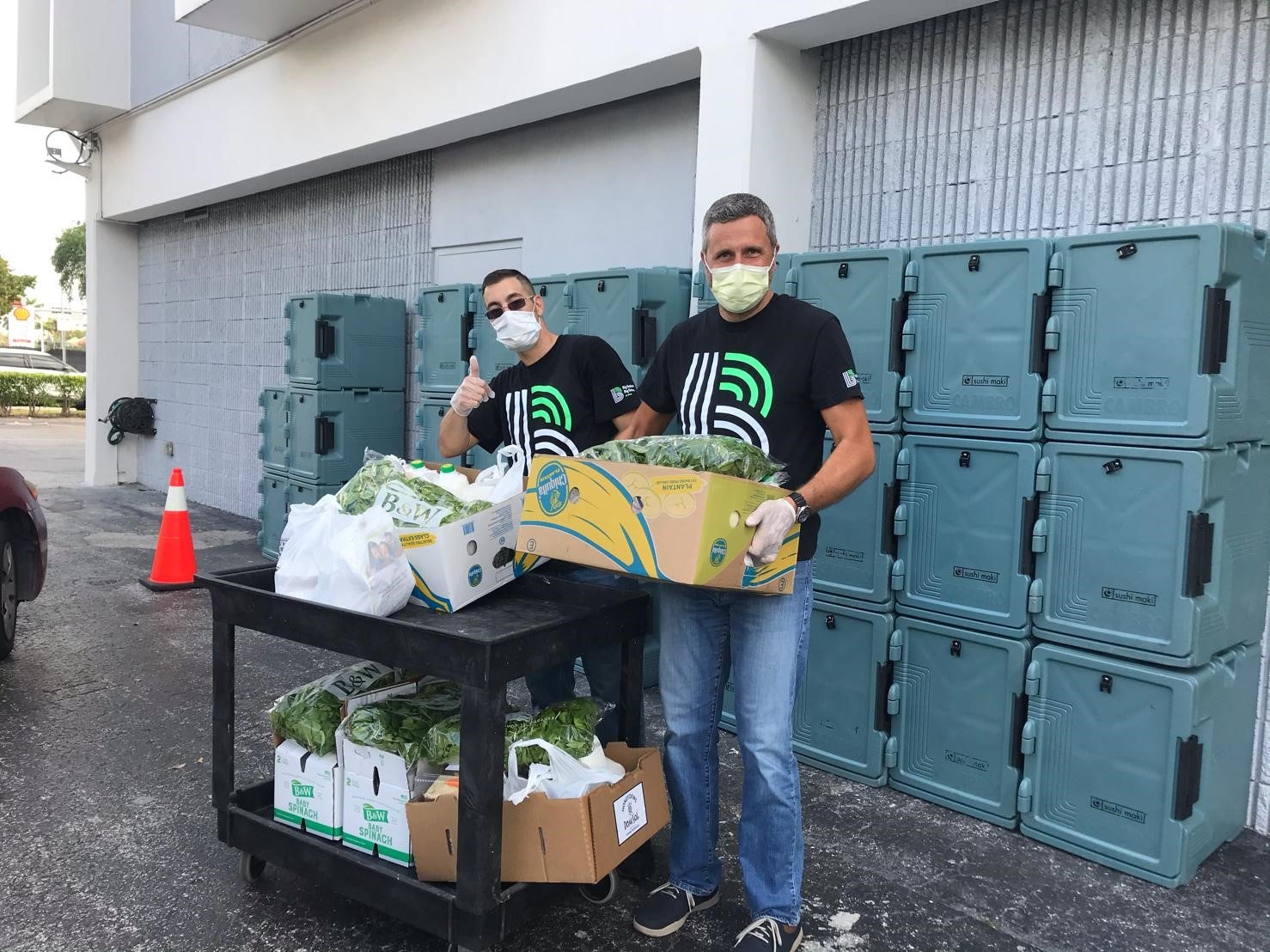
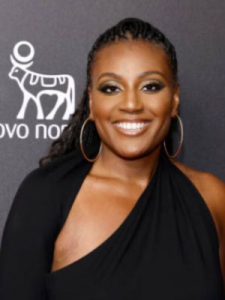


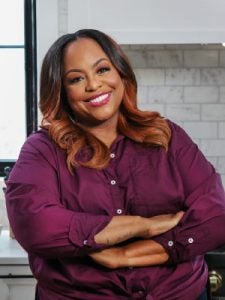


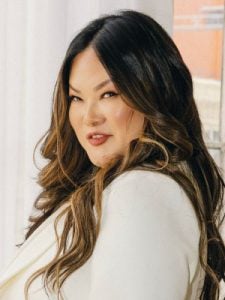



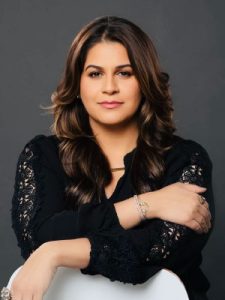
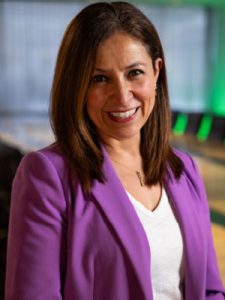
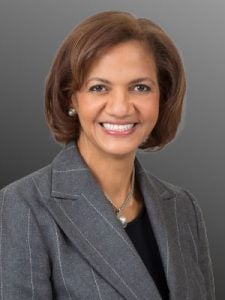

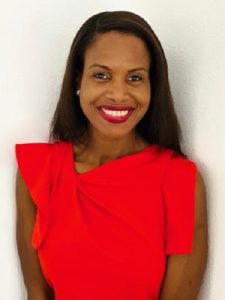

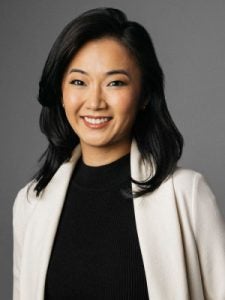

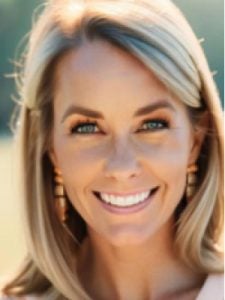

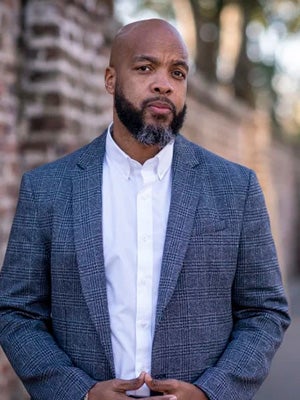 Trymaine Lee
Trymaine Lee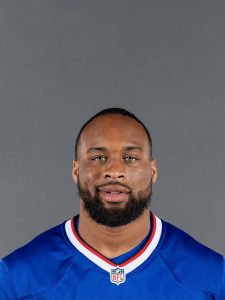 Ray Davis
Ray Davis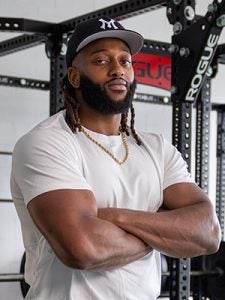 Osa Odighizuwa
Osa Odighizuwa